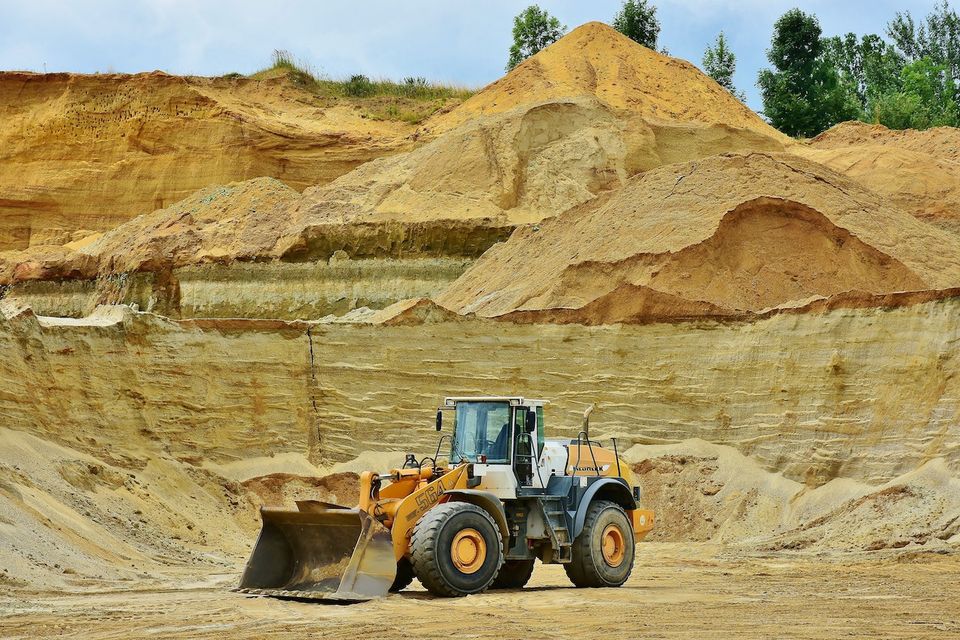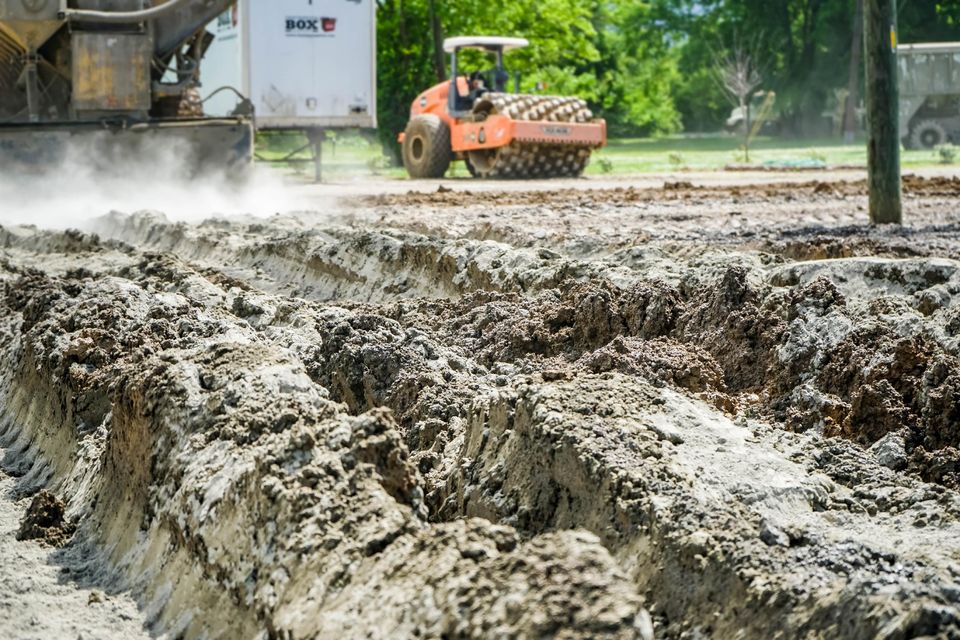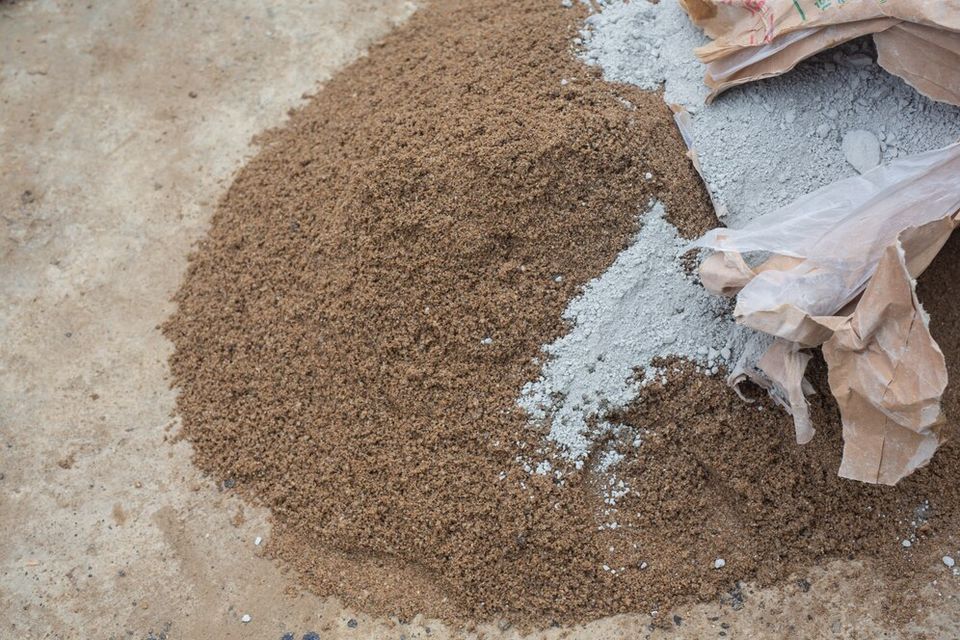Soil Stabilization and Full-Depth Reclamation in Huntsville, AL
Soil stabilization and full-depth reclamation are vital tools used in Huntsville's road construction activities. They work by modifying the physical or chemical properties of soil or recycling existing pavement layers, resulting in roads that are stronger, more durable, and more sustainable. The unexpected advantage of these methods is their contribution to sustainability - they utilize fewer resources and produce less waste compared to traditional techniques.
Our company, Terra-Firma Stabilization & Reclamation, offers comprehensive soil stabilization and full-depth reclamation services in the Huntsville area. We specialize in environmentally responsible solutions for base and substrate challenges, providing cost-effective and efficient soil treatment to enhance stability and load-bearing capacity for construction projects. Contact us today for a free estimate and expert assistance with your soil stabilization needs in Huntsville, Alabama!
Our company, Terra-Firma Stabilization & Reclamation, offers comprehensive soil stabilization and full-depth reclamation services in the Huntsville area. We specialize in environmentally responsible solutions for base and substrate challenges, providing cost-effective and efficient soil treatment to enhance stability and load-bearing capacity for construction projects. Contact us today for a free estimate and expert assistance with your soil stabilization needs in Huntsville, Alabama!




